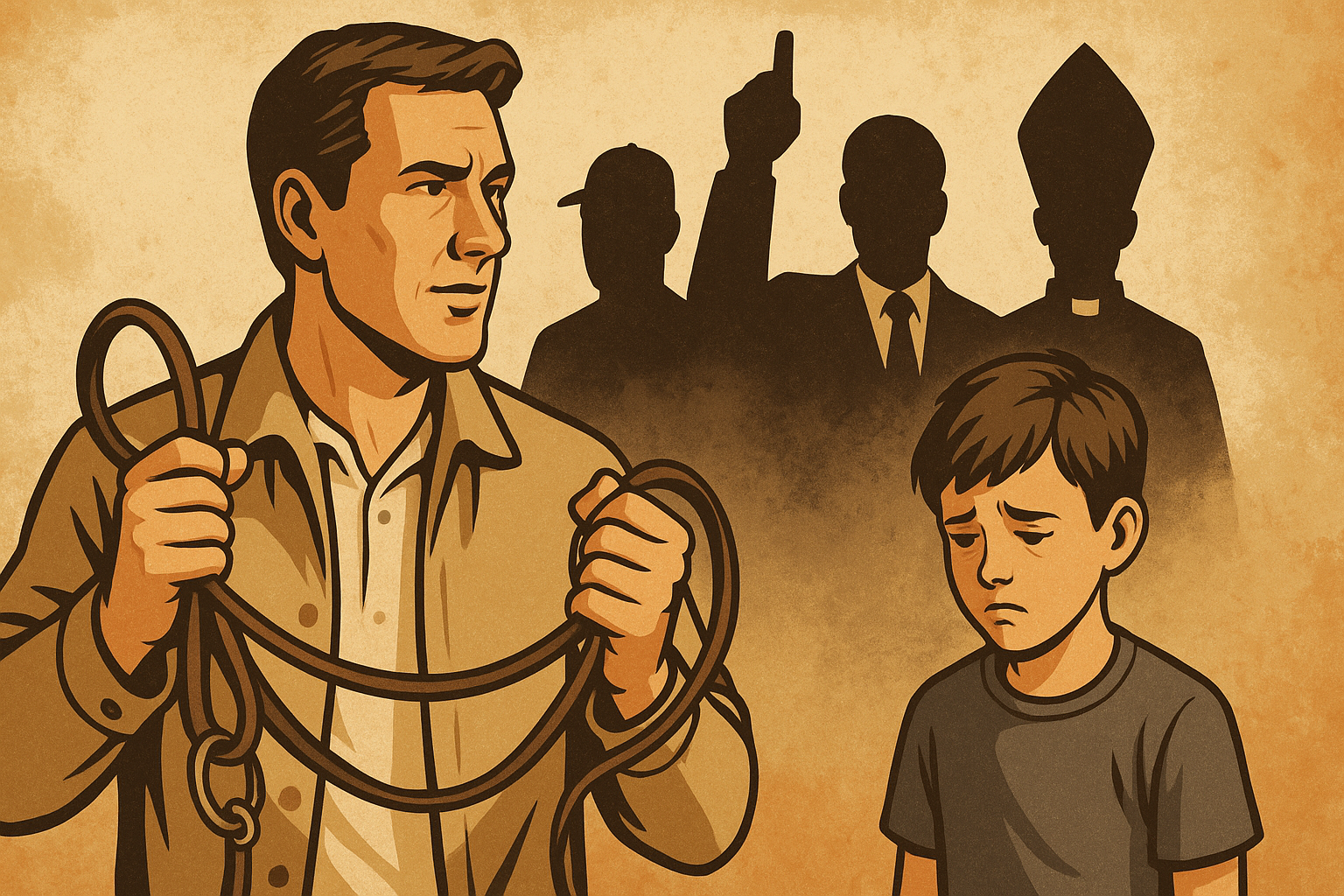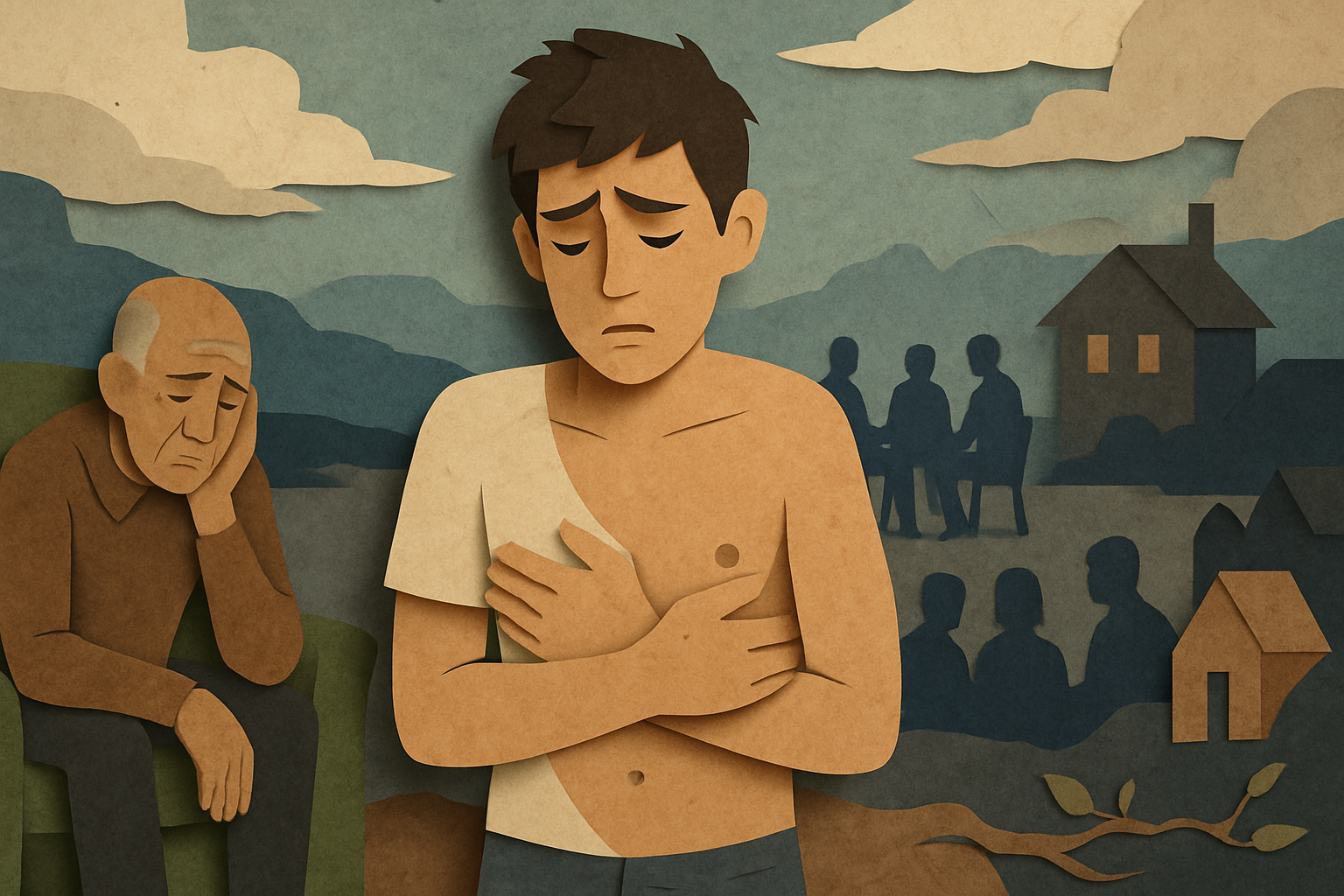READ IT TO ME: Click play to listen to this post.
“Deep love, deep healing come with a deep emotional price. Those who pay are enriched in the deepest way”- Anonymous
I listened to a friend who was overwhelmed with humiliation. I spoke with another friend who triggered anxiety, anger, and frustration. I heard from another friend who was paralyzed with fear. I received a call from one with overwhelming sadness from the loss of a relationship. Even, yet another spoke of bewilderment and uncertainty about direction for a beloved family member. There was bitterness and resentment connected to overwhelming defeat.
How are you supposed to live in recovery when you are whipped around and turned upside down? Every day life experience can turn you inside out like a glove. The compass needle never stays still in recovery. You go back and forth. One moment you are centered and the next moment you are like a pinball between bumpers. You must learn to shift from living in fear to fear living in you. We don’t avoid it, but learn to not allow fear to dominate. How do I right-size fear?
No one does recovery clean. It is messy. Like the bully, you choose to either beat up or go down another street to avoid, your behavior is still governed by the bully. You must learn to face and address the bully of addiction in your life.
Consider the following:
1. Live broken open: Wounds won’t heal unless they are exposed to air and light. When you are deeply injured or paralyzed with feelings of betrayal and fear, it is healing to drop your inner and outer mask and openly live broken. Broken open requires listening to honest friends. It is a way to shelter in place. Face your shadows and blindspots by bringing them to light in the presence of a support community.
2. Make prayer a foundation stone in your life: Prayer is more about listening than it is about requesting. Slow your life and your mind. Listen to what God, the universe is telling you about you. Many treat prayer like a request line to God. “How should I pray?” “What should I ask God for?” It is as if I am putting my order in as clearly as possible so that I get the right thing back. Yet, whether you believe in God or not, prayer is most effective when you listen to your feelings and life situation and discern what the universe or God is trying to tell you. Rather than verbalizing a prayer of thanksgiving for your meal, take time to listen to what the universe or God is telling you. Receive the insight and take in the connection to the plants and animals that sacrificed their lives so that you can eat. Listen and find the connection with the moment rather than filling the moment with your words. It will add intention to living broken open.
3. Connect don’t compare with others. Subtly people constantly compare themselves to others. The things we compare about ourselves to others are endless. Comparison creates “us” versus “them”. Connection with others tells us to never forget that we belong to each other. There is no they. We are they. Mark Nepo wrote a powerful poem to remind us. “Those who awake are the students—those who stay awake are the teachers—How we take turns.”
4. Treat life sacred. Sacred comes from a willingness to make change. Sacred conversations brave the depths of radical change in the way you live. When I keep insisting on doing what I once was able to do but now cannot I will continue to break down what is sacred which is the possibility of change. Showing up and being present for every single moment is sacred. This is the focus of a sacred community.
5. Tune your recovery as you experience day-to-day life. Every day brings its own challenge. Recovery practice suggests that you manage fear and anxiety, stress and strain by constantly bringing yourself back to the center. You learn not to turn against yourself. At the helm, you will constantly make adjustments to avoid turning against yourself. Rather than life being a set of rules, or a specific formula to follow, recovery is a finely tuned dynamic with adjustments as you make your way through life. When you don’t know, no matter how much you dwell on what you don’t know, it doesn’t improve. It’s like searching for something you misplaced. After exhausting all the avenues, when you let go and surrender, the lost item uncannily shows up. Tuning recovery involves a kind of search and surrender.
Recovery is a way of getting free from addiction. Kierkegaard wrote that “anxiety is the dizziness of freedom”. Wisdom in recovery is a way of sorting through the vast options of freedom that are before you. Wisdom does not exempt you from the journey. It is provided to support you in the journey. It will help you deepen your inner roots to face difficult times and live broken open.





